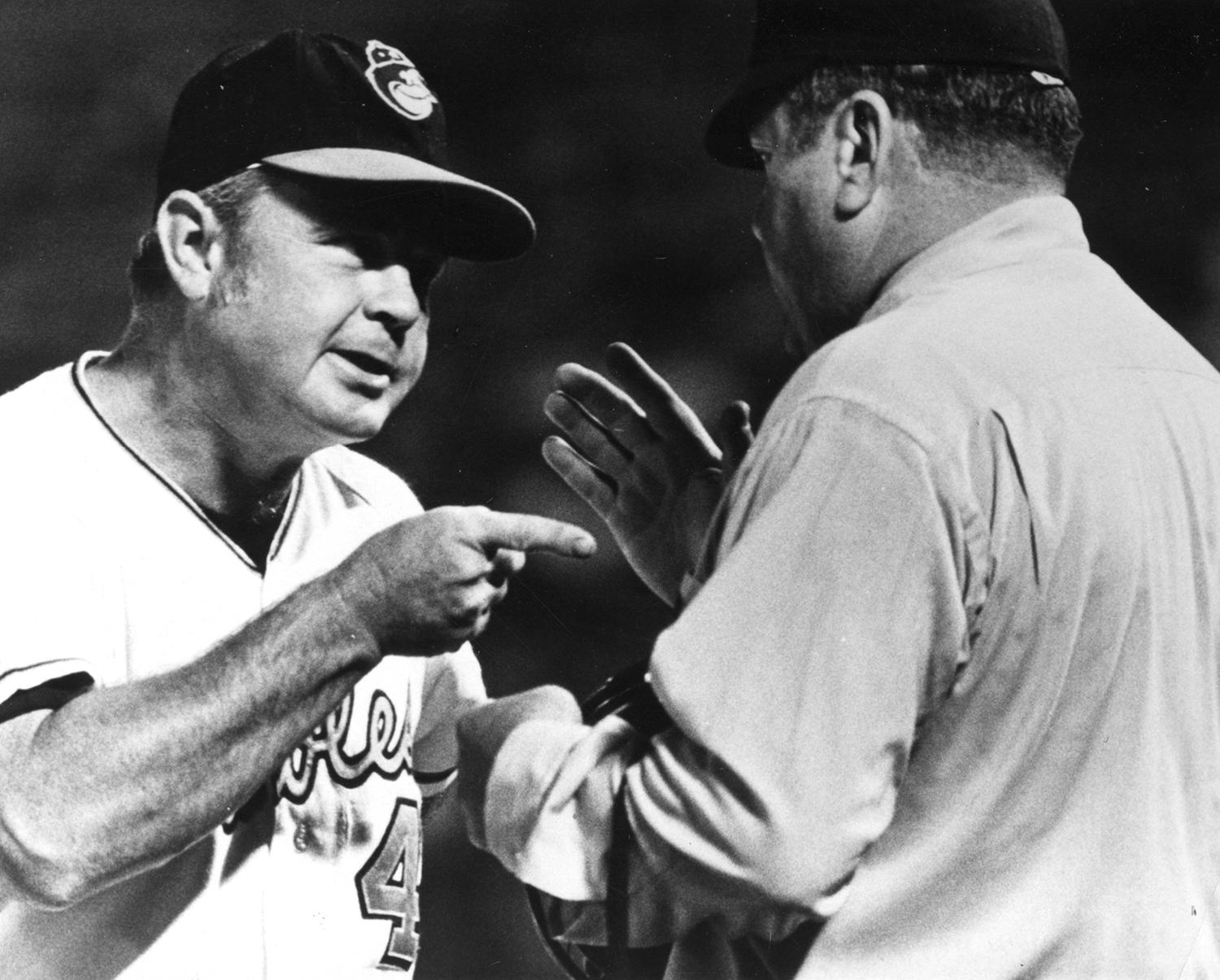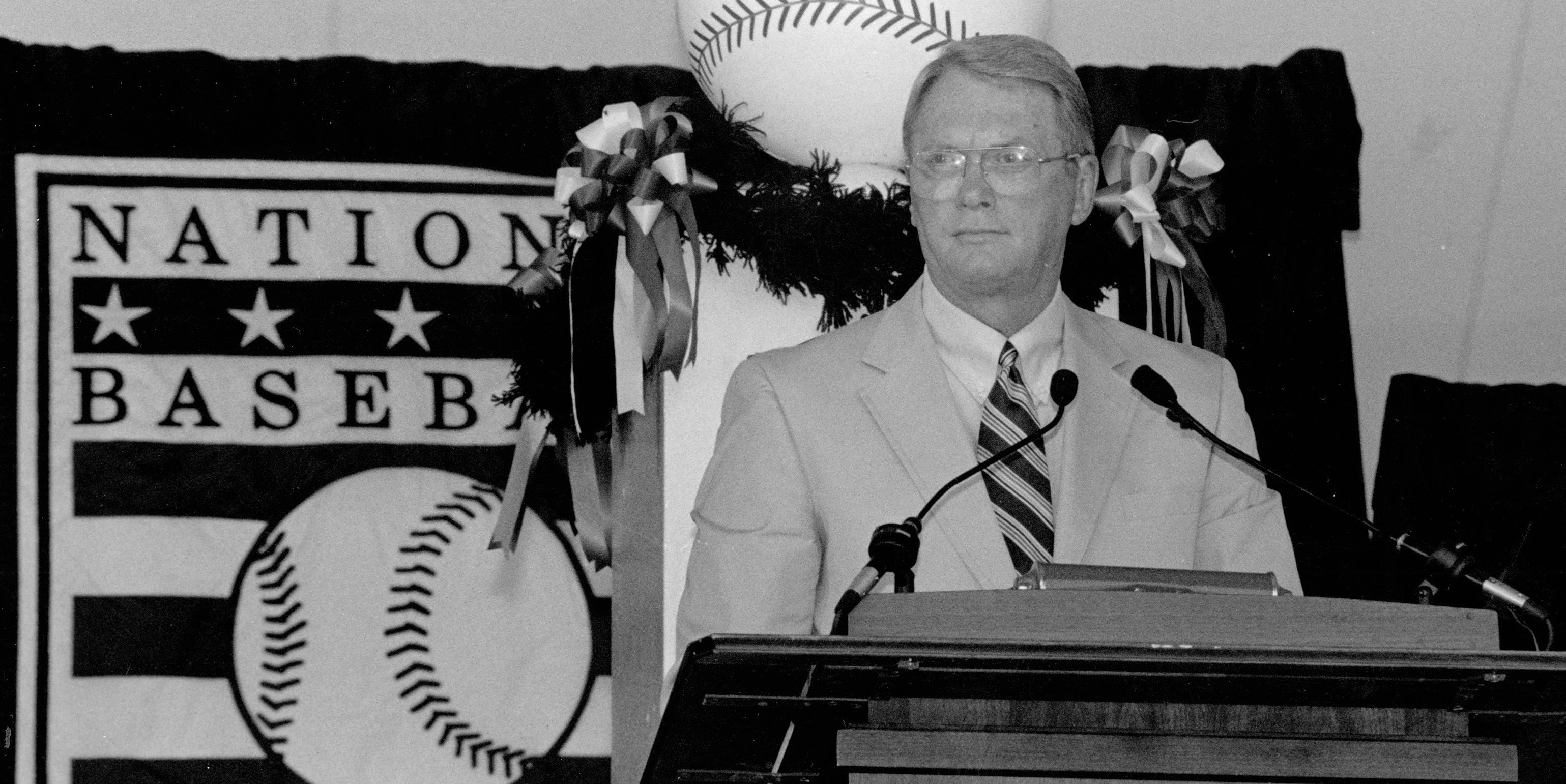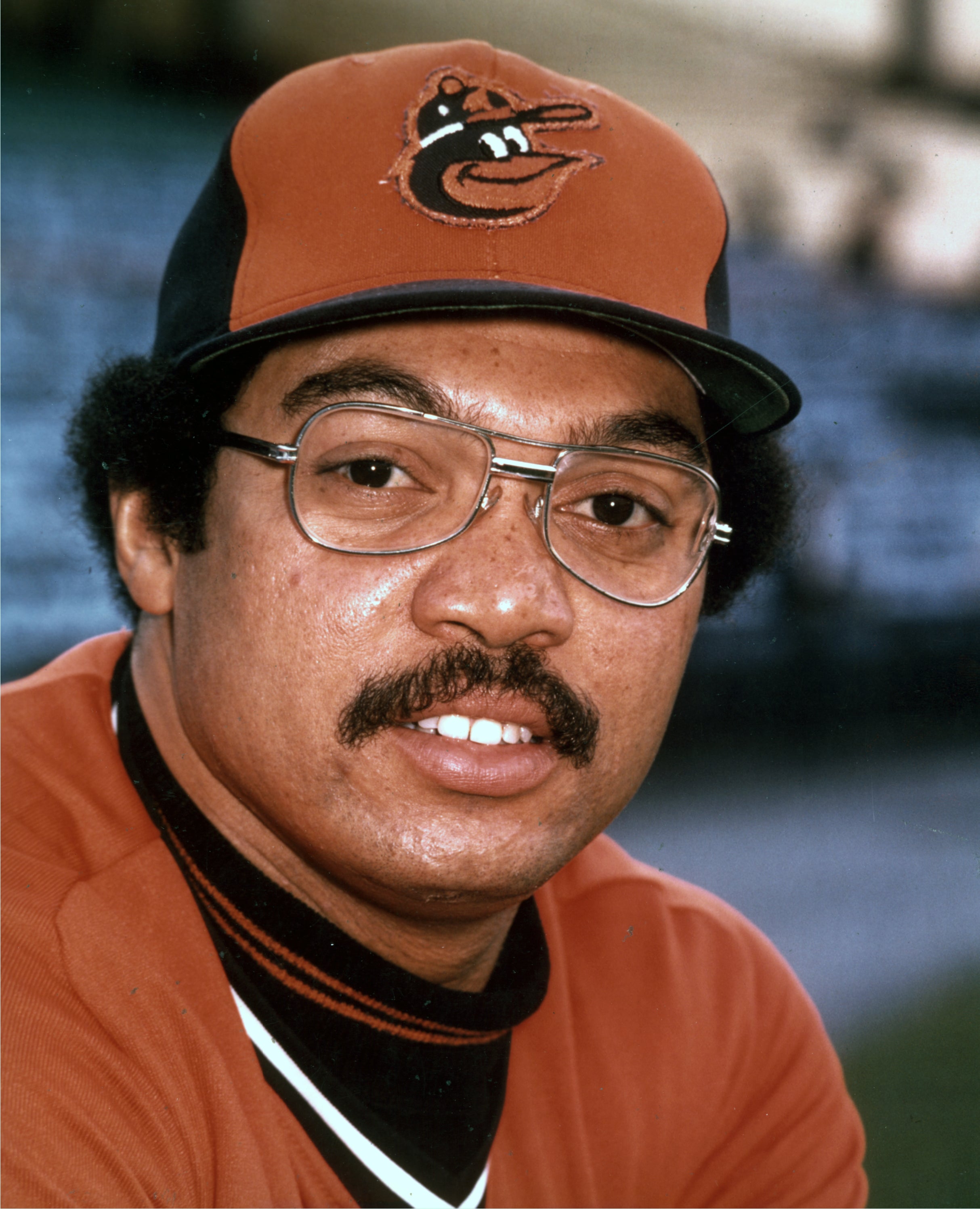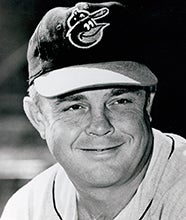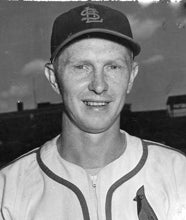- Home
- Our Stories
- In 1968, Weaver began The Oriole Way in Baltimore
In 1968, Weaver began The Oriole Way in Baltimore
In 1968, Earl Weaver finally got his big league chance.
After toiling in the minors as a player and manager for two decades, Weaver was named skipper of the Baltimore Orioles on July 11, 1968. Though the circumstances of his initial hiring were less than ideal, he went on to a long and productive career leading the O’s that would eventually get him a bronze plaque in Cooperstown.
Weaver, who never played in the big leagues, began his professional baseball career in 1948, signing with his hometown St. Louis Cardinals and joining their minor league system as an 18-year-old second baseman. In a few years the 5-foot-7 Weaver thought he had finally gotten his opportunity.
“They had Red Schoendienst playing short and me playing second early in Spring Training,” Weaver later recalled. “But I was sent out before the season opened.”
By 1956, the 25-year-old Weaver, now playing in the Pirates’ farm system, had made the transition to minor league manager. The next season he would begin a successful decade-long stint skippering Orioles affiliates in Fitzgerald (Ga.), Dublin (Ga.), Aberdeen (S.D.), Appleton (Wis.), Elmira (N.Y.) and Rochester (N.Y.). His teams had winning records his last nine seasons managing in the minors, including an International League regular season crown with Rochester in 1966.
“In the International League, they hated the little guy’s guts,” said longtime baseball executive and then Orioles scout Frank Lane to the Sporting News in 1968. “Of course, that may have been because he was usually one or two innings ahead of the other managers.”
After another winning season with Rochester in 1967, Weaver was promoted the next season to his first major league post to serve as first base coach under Orioles embattled manager Hank Bauer. Though Bauer, the former Marine who was a gritty outfielder with the great Yankees teams of the 1950s, had been manager when Baltimore swept the Dodgers to capture the 1966 World Series, he was coming off a ’67 campaign in which his team slumped to a 76-85 record and a sixth-place finish in the 10-team American League.
Coming off their poor season, three of Bauer’s four coaches were fired prior to the 1968 season – Harry Brecheen, Gene Woodling and Sherm Lollar – with only Billy Hunter remaining. The new coaches ordered by the Orioles front office, led by general manager Harry Dalton, included Weaver, Ray Scarborough, Vern Hoscheit and George Bamberger.
But a year-and-a-half after capturing the World Championship and being named the Sporting News Manager of the Year Award, Bauer, who had been on thin ice since Baltimore’s sixth-place finish in 1967, was fired during the All-Star break. Though the O’s had a 43-37 record, they were already in third place, 10½ games behind the AL-leading Tigers.
“We are disappointed in the total performance of the club,” said Dalton in announcing the midseason move. “We feel it should be playing better.
“There was nothing else I could do. I thought something had to be done if the Orioles wanted to stay in the race and I thought Weaver could do it. Weaver is aggressive and keeps on top of the game at all times. I don’t anticipate any difficulties between him and the players. In fact, he handled 15 of the 25 men now on our roster when he managed in the minors.”
Bauer was diplomatic in his initial comments toward the team.
“It wasn’t much of a surprise,” Bauer said. “Somebody has to take the blame and I’m the guy. Our pitching has been going good but the hitting has been bad. You have to expect things like this in baseball. The Orioles have treated me fine. I feel no bitterness.”
The O’s named Weaver manager for the remainder of the 1968 season on July 11, one day after the firing of Bauer. The 37-year-old with the brush cut, the youngest manager in the AL at the time, was the first of six managers since Baltimore returned to the major leagues in 1954 to be promoted from within the organization.
“I’m sorry it had to happen that way – the way I’m taking over from Bauer. I wish it could have been different. I got to know and like Hank. He was always fair to me,” said Weaver at an introductory press conference at Baltimore’s Memorial Stadium. “I still feel we are a pennant contender. I don’t think first place is unrealistic even though we are 10 ½ games out.
“I think I inherited a good ball club. With one or two changes, I think it can improve,” an optimistic Weaver added. “I think I can get a run here and there that we (the Orioles) weren’t getting before. I don’t know what will be different but I’ll have an alert ball club.”
A few days after getting the job, Weaver told The New York Times he was enjoying the life of a big league coach.
“We (Earl and wife Marianna) were out playing golf most mornings. For the first time in years, I wasn’t busy every moment. As a coach, I had time to sit around and read the baseball rule book,” Weaver explained. “Now I report to the ballpark an hour earlier. I take work home with me and there isn’t as much conversation time with my wife. She is great. She understands. This is a big moment in my life.
“I was just glad to be getting in my five years as a coach to qualify for the pension plan,” he added. “Now I’ll have to do it as manager, and you know 4 ½ years is a long time to manage in one place.”
The Weaver-led Orioles won their first six games and finished the season in second place with a 91-71 record, 12 games behind the pennant-winning Tigers. Baltimore won 48 of its 82 games under the new manager.
“Somewhere, I got the reputation for being hard on umpires. It’s not necessarily true,” Weaver said.
“In the minors they run you as soon as you come out. They handle it a whole lot better in the major leagues. They let you come out and say your piece, and they’ll explain the call to you.
“When I started, I had no major league ambitions. Then I saw other managers move up and I felt there was no reason why I couldn’t do it.”
On Sept. 27, the last day of the season, it was announced that Weaver had been rehired for 1969.
The Orioles said Weaver’s salary of $25,000 a year would be increased to $32,500.
Earl Weaver led the Baltimore Orioles to 4 pennants and one World Series title in his 17 seasons as manager of the team. (National Baseball Hall of Fame and Museum)
Share this image:
“I think Earl accomplished a lot in a short time,” said Dalton. “First, under his direction, our club created the only semblance of a pennant race in either league by pulling within four games of the Tigers (in late August).
“Second, he played an exciting brand of baseball. Another plus is the way he uses his players. He made good use of all 25 men, and I think he tends to keep everybody sharper and more ready to contribute when called on in clutch situations.”
By the next year, Weaver’s Orioles were in the World Series against the Mets. All of Weaver’s attributes, whether it was his intensity, managerial style or preparation, led him to a 17-year tenure (1968-82, 1985-86) leading Baltimore. His teams, which had five 100-win seasons, captured four American League pennants and came out victorious in the 1970 World Series championship, had an overall regular-season record of 1,480-1,060, placing him 26th in career victories.
A member of the Hall of Fame Class of 1996, Weaver died at the age of 82 on Jan. 19, 2013. Among his artifacts in the Hall of Fame is an Orioles home jersey worn during the 1982 season.
Bill Francis is the Senior Research and Writing Specialist at the National Baseball Hall of Fame and Museum

